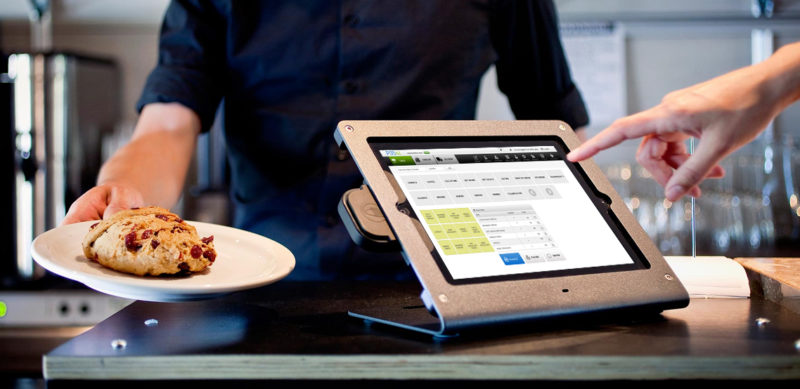How a POS System Helps You Manage Bulk Sales in Wholesale Supermarkets

Wholesale supermarkets operate on a completely different level than traditional retail outlets. They deal with larger quantities, varied pricing tiers, business clients, and bulk inventory management—making operational efficiency a must. One of the most effective tools to streamline and optimize wholesale operations is a Point of Sale (POS) system.
In this blog, we’ll explore how a POS system helps manage bulk sales in wholesale supermarkets and why it’s an essential part of your business growth strategy.
1. Simplifies Complex Pricing Structures
Bulk sales often mean different pricing tiers based on quantity, customer type, or promotional periods. Managing this manually is not only time-consuming but prone to errors.
A good POS system allows wholesale supermarkets to:
- Set tiered pricing (e.g., price per unit for 10 units, 100 units, or 500 units)
- Offer automatic discounts based on quantity purchased
- Customize pricing for loyal B2B customers or frequent buyers
This ensures accurate billing, transparent pricing, and less confusion for both customers and staff.
2. Real-Time Inventory Tracking
One of the biggest challenges in wholesale is maintaining stock levels for high-volume items. A POS system enables real-time inventory updates so that whenever a sale is made, the system automatically adjusts stock levels.
With this functionality, you can:
- Avoid over-selling or running out of high-demand items
- Get alerts when stock is low
- Easily identify fast-moving products to prioritize reorders
This ensures you’re always ready to meet bulk demand without the risk of stockouts or overstocking.
3. Faster Checkout for Large Orders
Processing bulk orders manually is slow and inefficient. POS systems help speed up checkout through barcode scanning, automatic calculations, and quick payment processing.
Wholesale-focused POS software often includes:
- Batch scanning to handle large quantities at once
- Integration with scales for weight-based bulk items
- Invoice generation for corporate clients
This results in smoother customer experiences, reduced wait times, and happier clients—especially during peak hours or special promotions.
4. Detailed Sales & Customer Reports
Knowing what sells—and who’s buying—can be a game changer for your wholesale business. A POS system gives you access to:
- Sales trends across specific time periods
- High-value customer tracking
- Product performance reports
These reports help in understanding which items are best for bulk selling, which customers are contributing most to your revenue, and when to scale or promote certain items.
5. Customized Invoicing and Credit Management
Many wholesale clients buy on credit or require customized invoices for record-keeping. POS systems designed for wholesale supermarkets can:
- Generate branded, itemized invoices instantly
- Manage customer accounts and credit balances
- Set payment terms (e.g., Net 30 or Net 60) and track due payments
This level of professionalism and flexibility strengthens customer relationships and improves cash flow.
6. Integrated Multi-Channel Sales
If your wholesale supermarket also supplies products online or through sales reps, an integrated POS ensures all sales—whether in-store, online, or on the road—are recorded in one place.
Benefits include:
- Unified inventory tracking across all channels
- Centralized reporting and sales analysis
- Avoiding duplication or missed orders
This is especially helpful as wholesale businesses expand their reach and adopt more modern selling strategies.
Final Thoughts
Wholesale supermarket operations thrive on precision, speed, and scalability. Managing bulk sales manually might work at a small scale—but as your business grows, it can become overwhelming. A POS system built for wholesale environments brings automation, control, and clarity to the way you sell in bulk.






